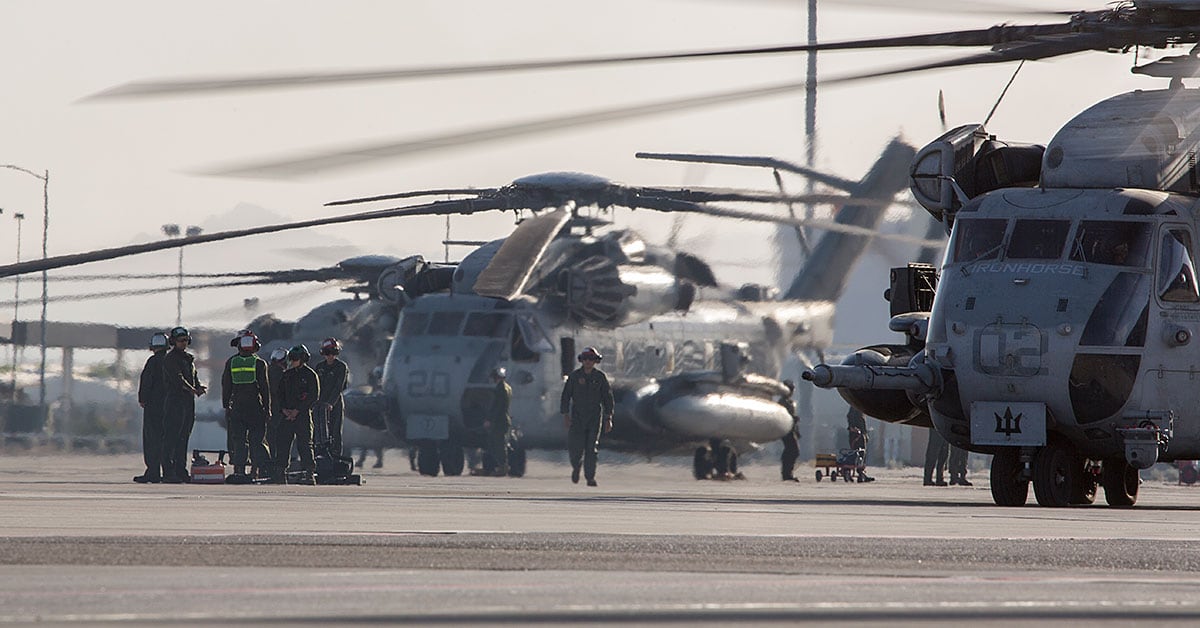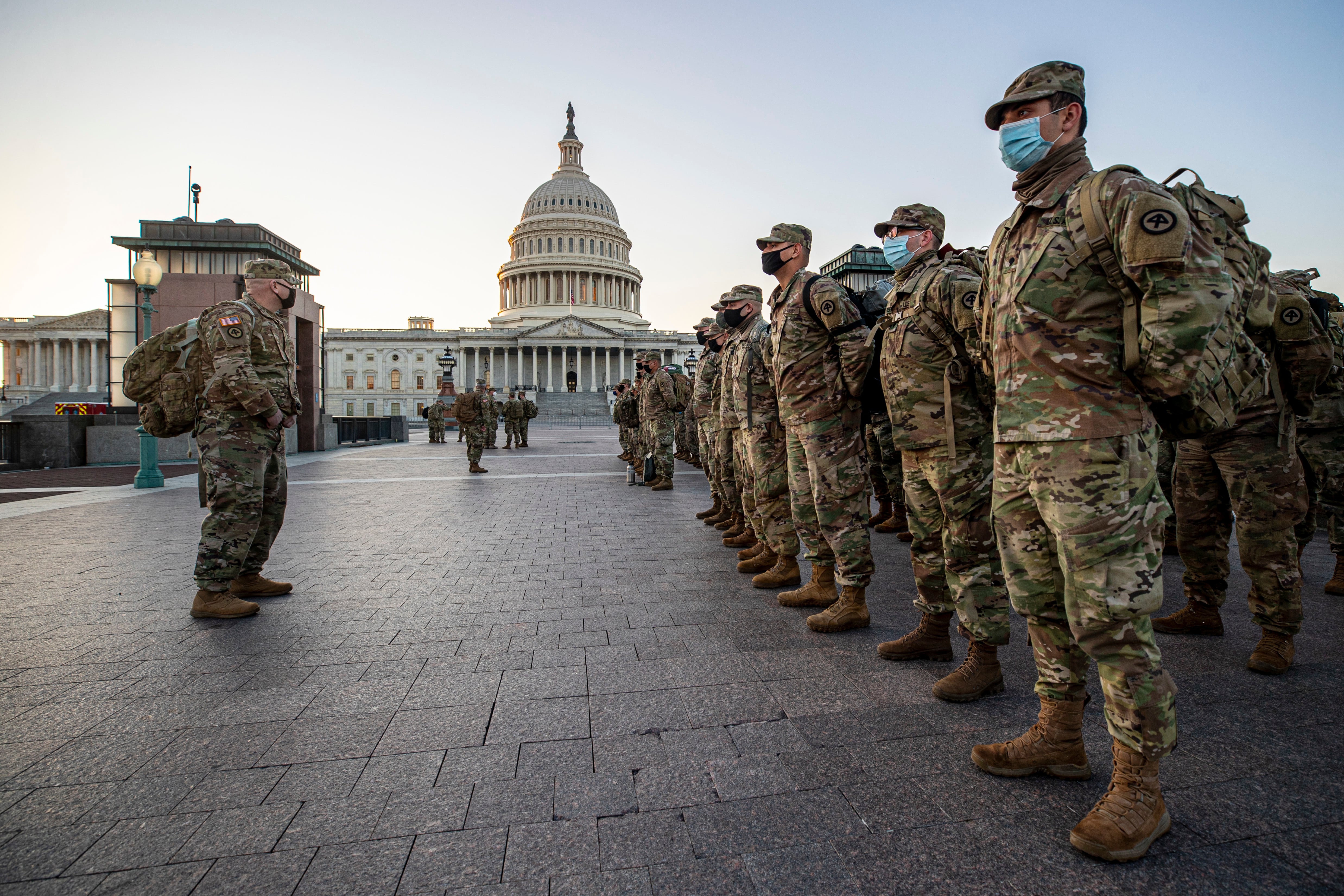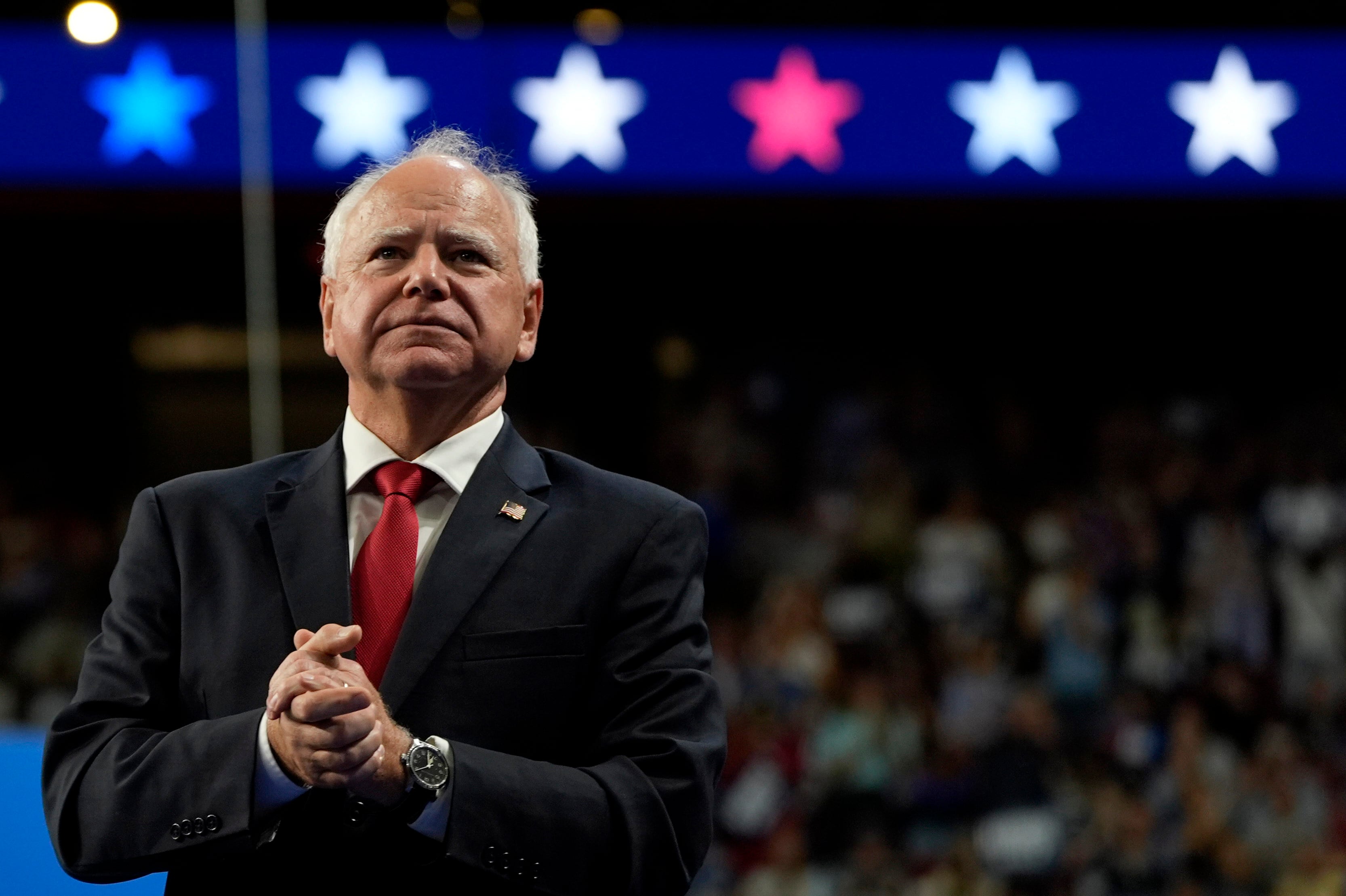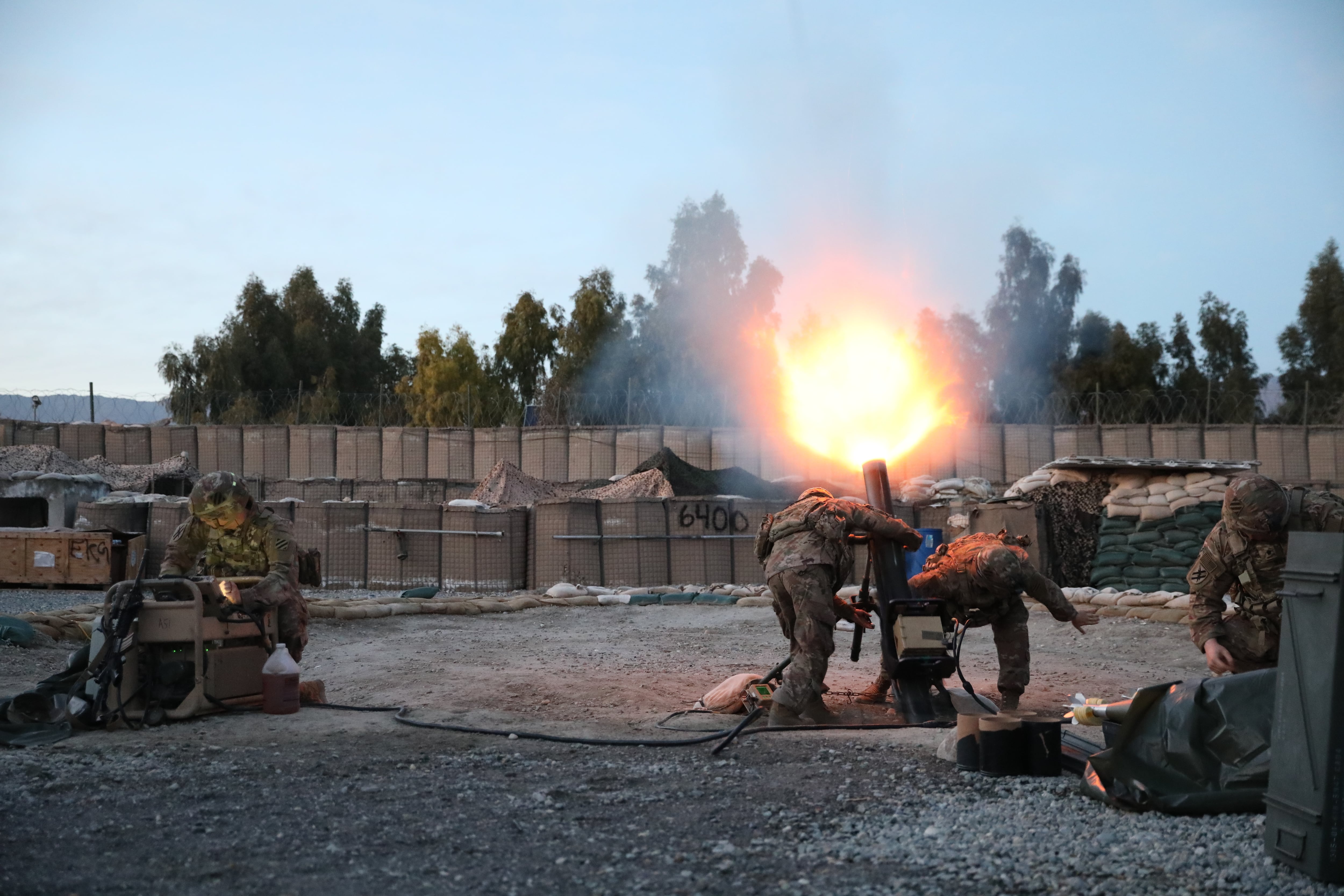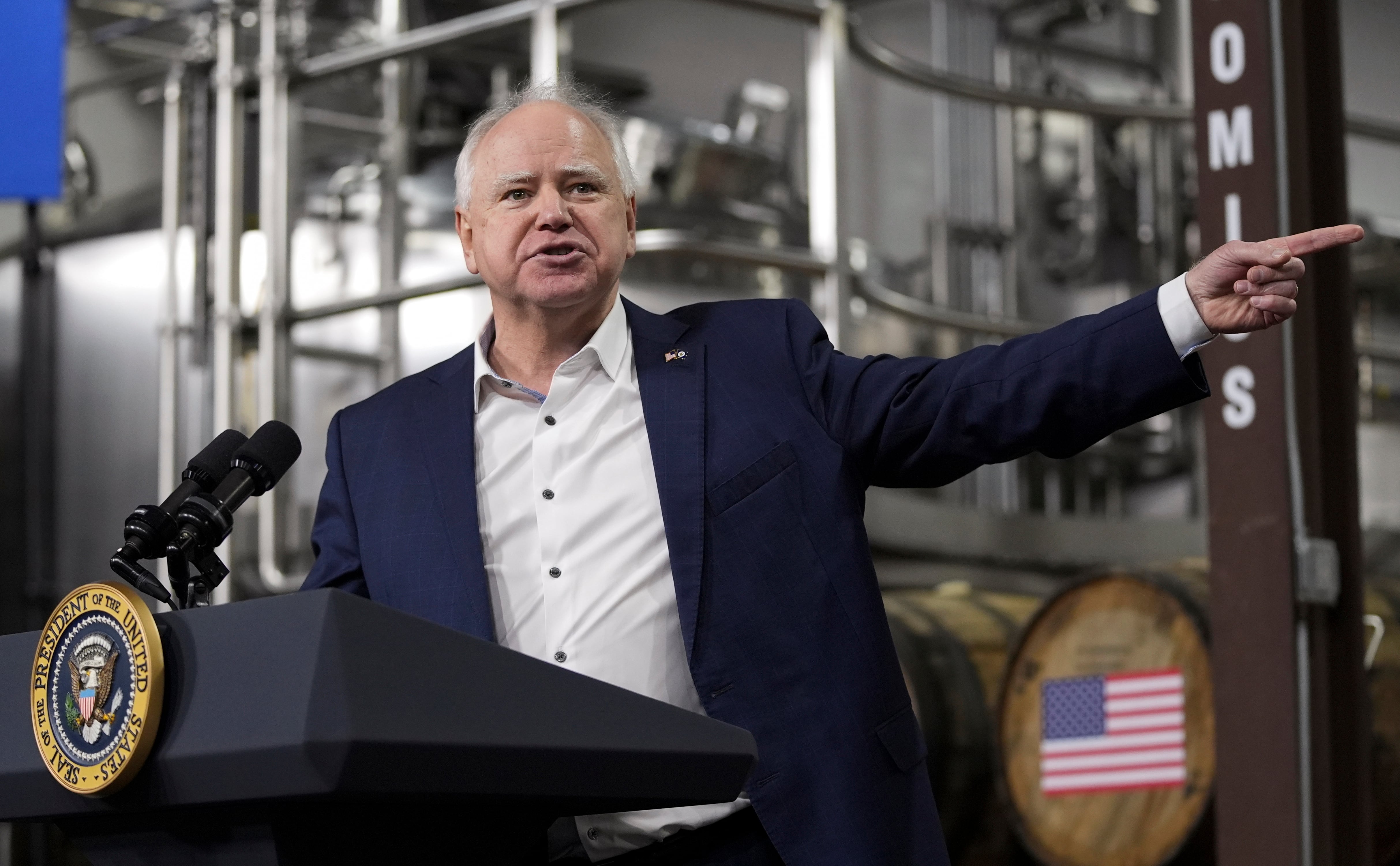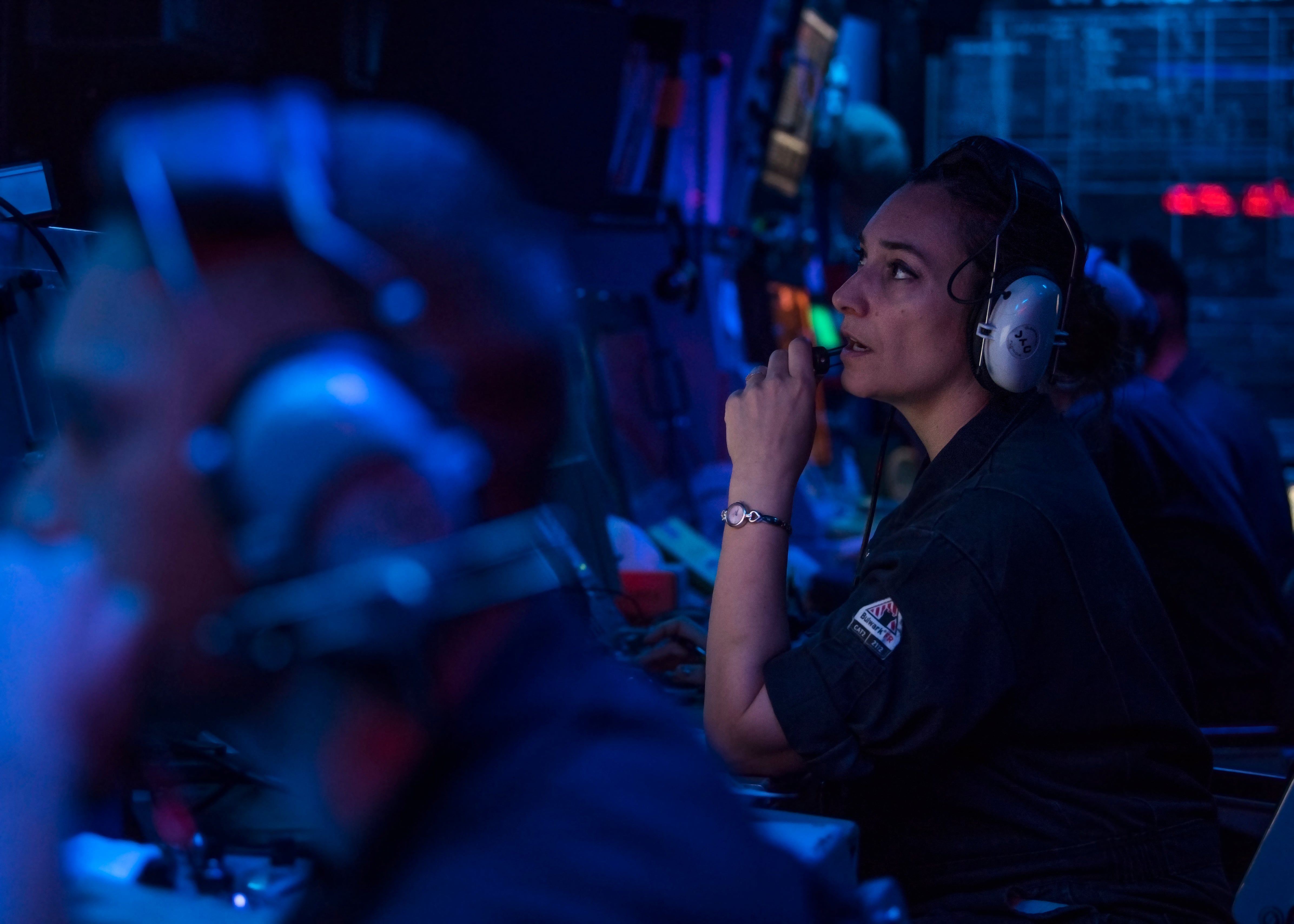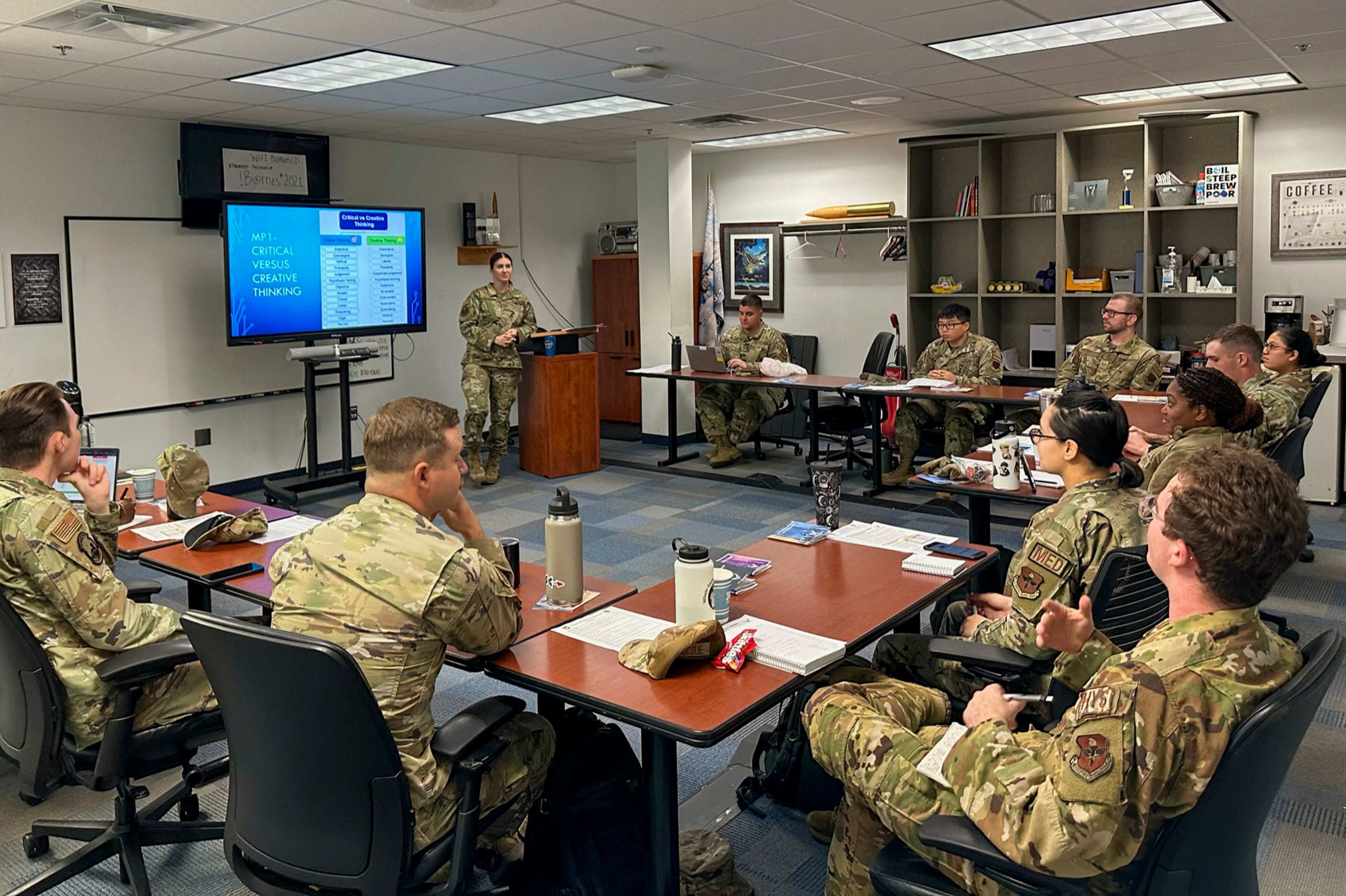WASHINGTON — A proposed commission to review spiking military aviation mishaps and physiological episodes is on track to become part of the House Armed Services Committee’s version of the annual defense policy bill.
The proposal to create an independent national commission on military aviation safety, offered by HASC Ranking Member Adam Smith, D-Wash., passed the committee by a unanimous voice vote, with support from HASC Chairman Mac Thornberry, R-Texas.
Thornberry took aim at the Pentagon’s recent public statements denying there is a broader problem after nine Puerto Rico National Guard airmen with the 156th Airlift Wing were killed in the crash of their WC-130 in Savannah, Georgia.
“It’s disturbing to me that there are people in the Pentagon that even today say, ’Well, it’s not really a crisis. Each one of these [aviation mishaps] has its individual underlying causes,’” Thornberry said.
Thornberry referenced a series of fatal military crashes this spring and an in-depth review by Military Times of 5,500 aviation accidents that have occurred since 2013, the year the automatic budget cuts known as sequestration took effect.
“No one should deny this is a problem, no one should delay fixing the problem, and part of the responsibility is on our shoulders,” he said. “There’s are all sort of issues, damage that’s been done at a variety of levels.”
The action happened during the committee’s annual defense authorization bill debate Wednesday, marking up the first full draft of the massive military budget and policy measure that will dictate thousands of policy changes for the armed forces next year.
Under the proposal, an independent panel comprising eight appointed members would be tasked “to assess the rates of military aviation mishaps between fiscal years 2013 and 2018 compared to historic aviation mishap rates.”
The panel would then be tasked “to make an assessment of the causes contributing to military aviation mishaps; and to make recommendations on the modifications, if any, of safety, training, maintenance, personnel, or other policies related to military aviation safety,” according to the amendment.
The panel also approved Thornberry’s added language requiring the commission assess the underlying causes contributing to unexplained physiological effects on pilots — as well as the causes of delays to aviation maintenance that limits the availability of aircraft.
Thornberry’s addition also expresses a sense of Congress that the defense secretary must take immediate action to effect necessary repairs to aviation systems and boost pilot training.
To boot, it offers that Congress — which has for years bedeviled the military with late budgets — pass defense appropriations by the end of the fiscal year at the maximum amount allowed by budget caps — “without being conditioned on any other issue.”
The last part appeared to be a dig at Democrats who have resisted defense appropriations be passed without parity for the non-defense side of the budget, which puts them at odds with GOP fiscal conservatives.
“We in Congress have not done our job to authorize and appropriate on time,” he said, adding that defense spending had been held hostage to other issues.
Smith said that he did not dispute that the lack of money for military readiness and chaotic budgeting as a cause of the 10-year-old crisis.
“This is becoming a very large problem and this is costing the lives of the men and women who are serving us,” Smith said. “I want to figure out the entire picture, get every answer we can an ensure we are creating a safe environment for the men and women of our armed services.”
Smith said the mismatch between the military strategy and funding has led it to “raid the readiness account,” adding, “Readiness is always last in line at an inadequately stocked buffet.”
Beyond budgeting, Thornberry said the military should not use the creation of a commission as an excuse to delay fixing the problems.
“There has to be action now,” Thornberry said.
The legislative marathon began at 10 a.m. and is expected to last well into the evening. Unlike their counterparts in the Senate, the House committee’s work is all done in public.
During the daylong work, the 62 lawmakers on committee will consider more than 400 amendments, some with lengthy, heated debate. But last year, more than 200 non-controversial amendments were also adopted by the committee with far less attention despite wide-ranging impact.
Joe Gould was the senior Pentagon reporter for Defense News, covering the intersection of national security policy, politics and the defense industry. He had previously served as Congress reporter.
Leo covers Congress, Veterans Affairs and the White House for Military Times. He has covered Washington, D.C. since 2004, focusing on military personnel and veterans policies. His work has earned numerous honors, including a 2009 Polk award, a 2010 National Headliner Award, the IAVA Leadership in Journalism award and the VFW News Media award.
